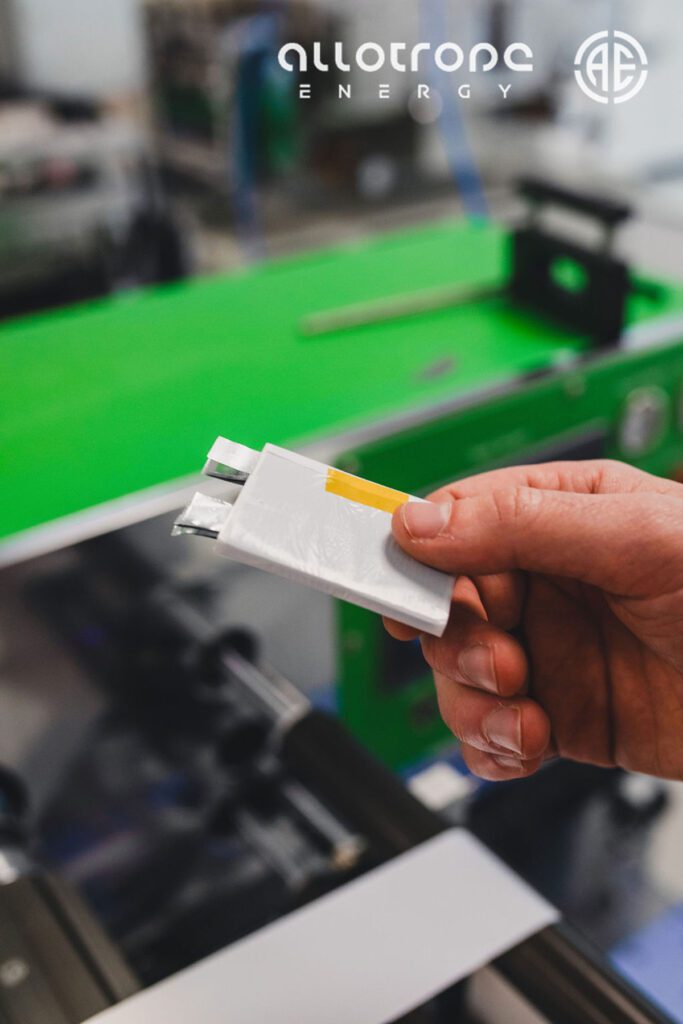Allotrope Energy has developed a new class of supercapacitors featuring Lignavolt, a nano-porous carbon material derived from pulp industry byproducts. The devices demonstrate 14–15 Wh/kg energy density—twice that of typical supercapacitors—enabling higher energy recovery and power output in hybrid-electric vehicle systems.
The company claims that the supercapacitors are well-suited to regenerative braking applications, allowing for the full recovery of braking energy using compact, lightweight packs. Third-party tests confirm energy density levels that significantly exceed conventional devices, supporting system designs that reduce internal combustion engine size and fuel consumption.


“A Lignavolt-based supercapacitor could recover all of the braking energy instantly using a pack the size of a shoebox weighing only a few kilos,” said Dr. Peter Wilson, Founder of Allotrope Energy. “A 1 kg unit could provide 75 bhp—50 times more than an equivalent lithium-ion battery.”
The devices also offer long cycle life, intrinsic thermal stability and contain no rare earth materials. Their simple architecture eliminates the need for active thermal management. Evaluation cells are currently being tested by industry partners for integration in hybrid vehicle applications.
Source: Allotrope Energy
